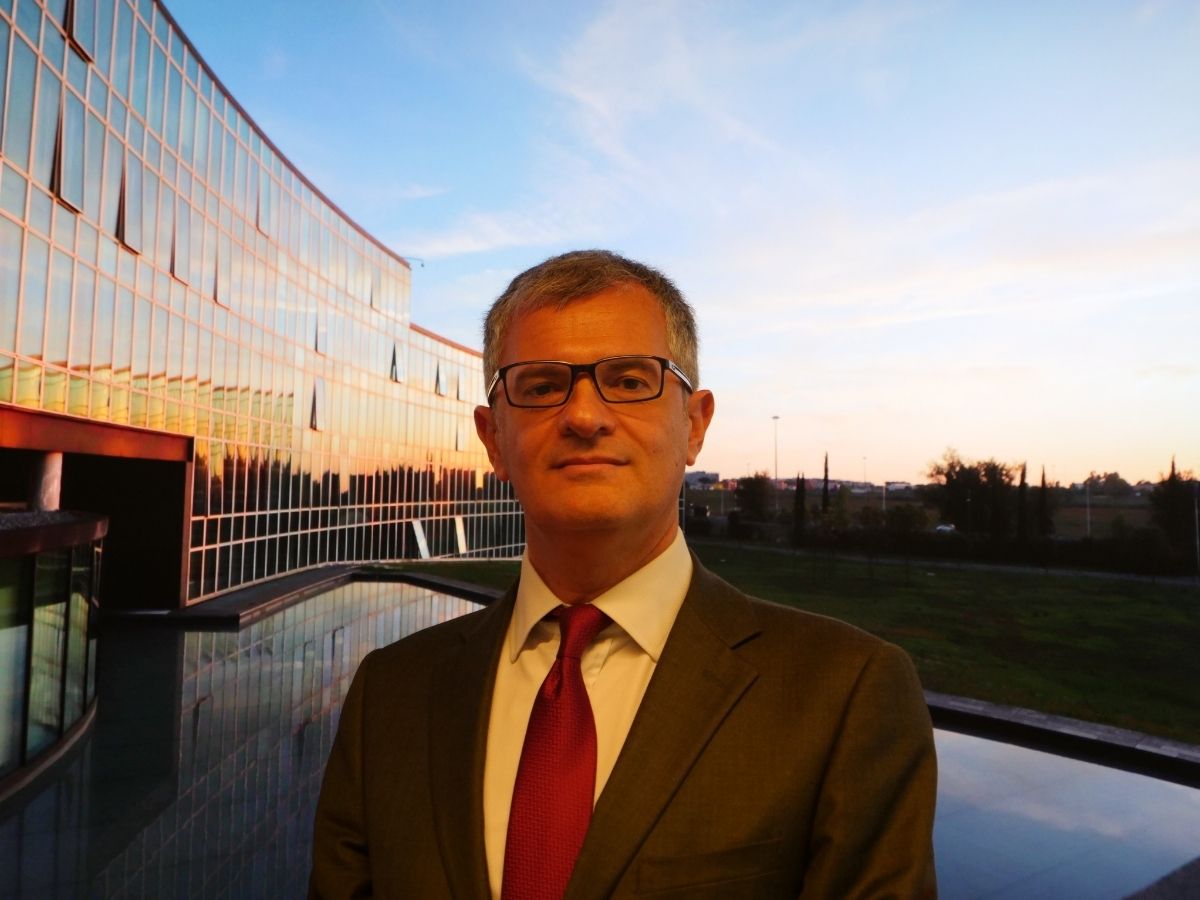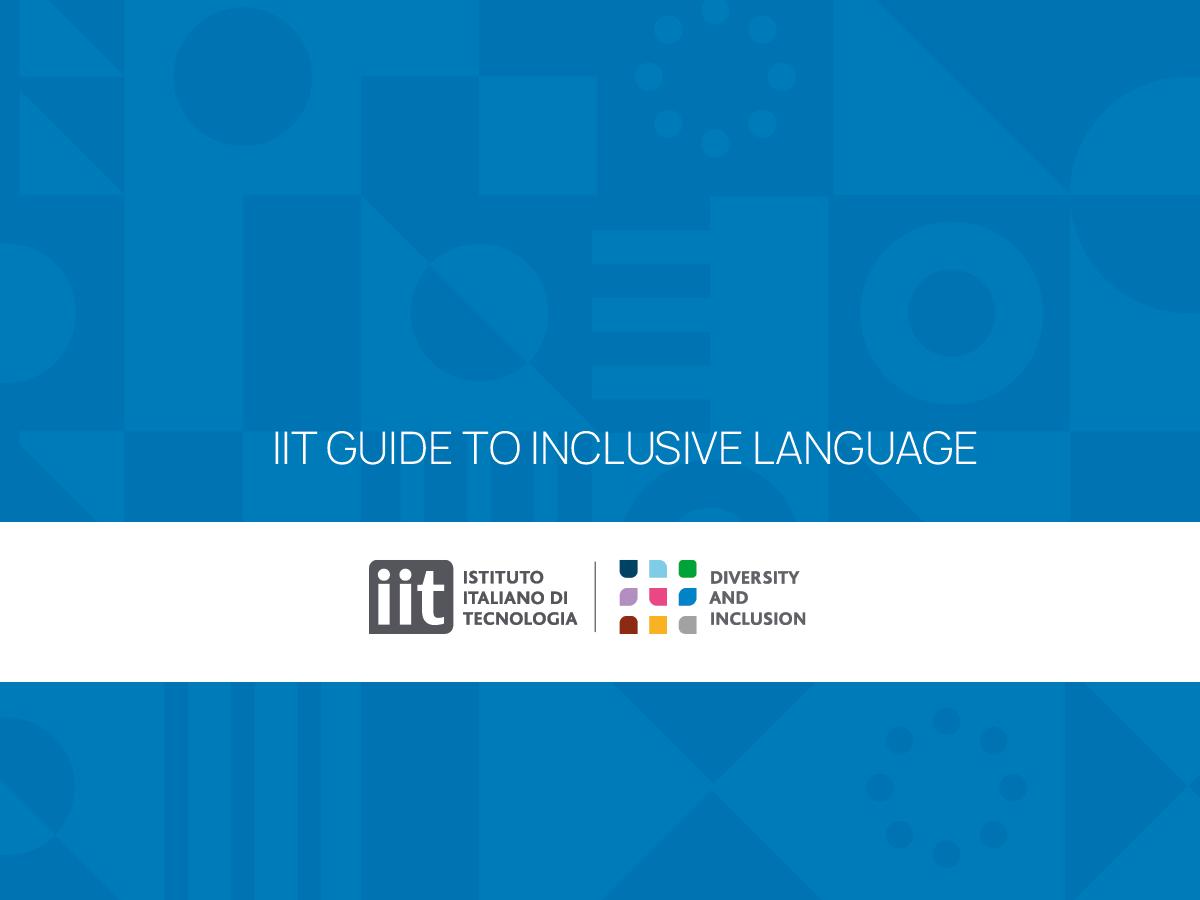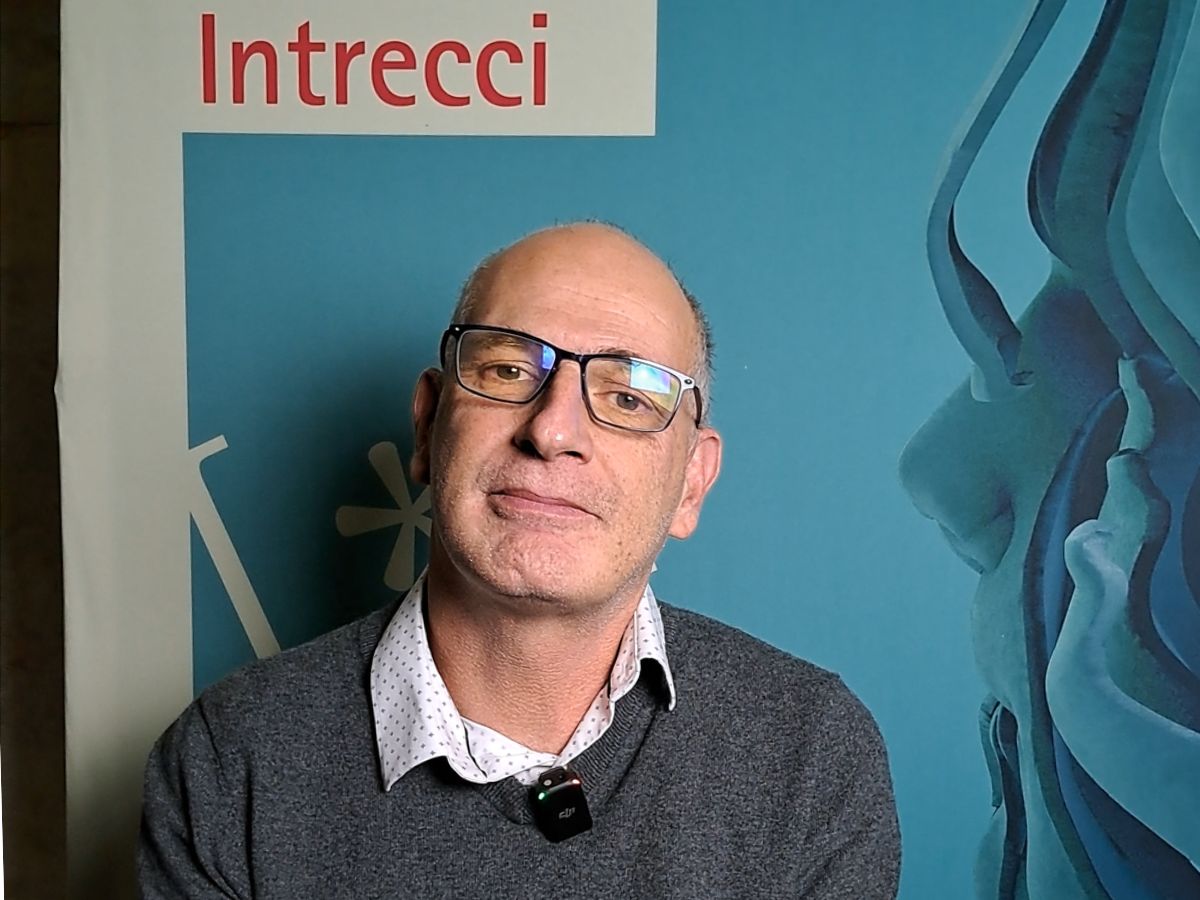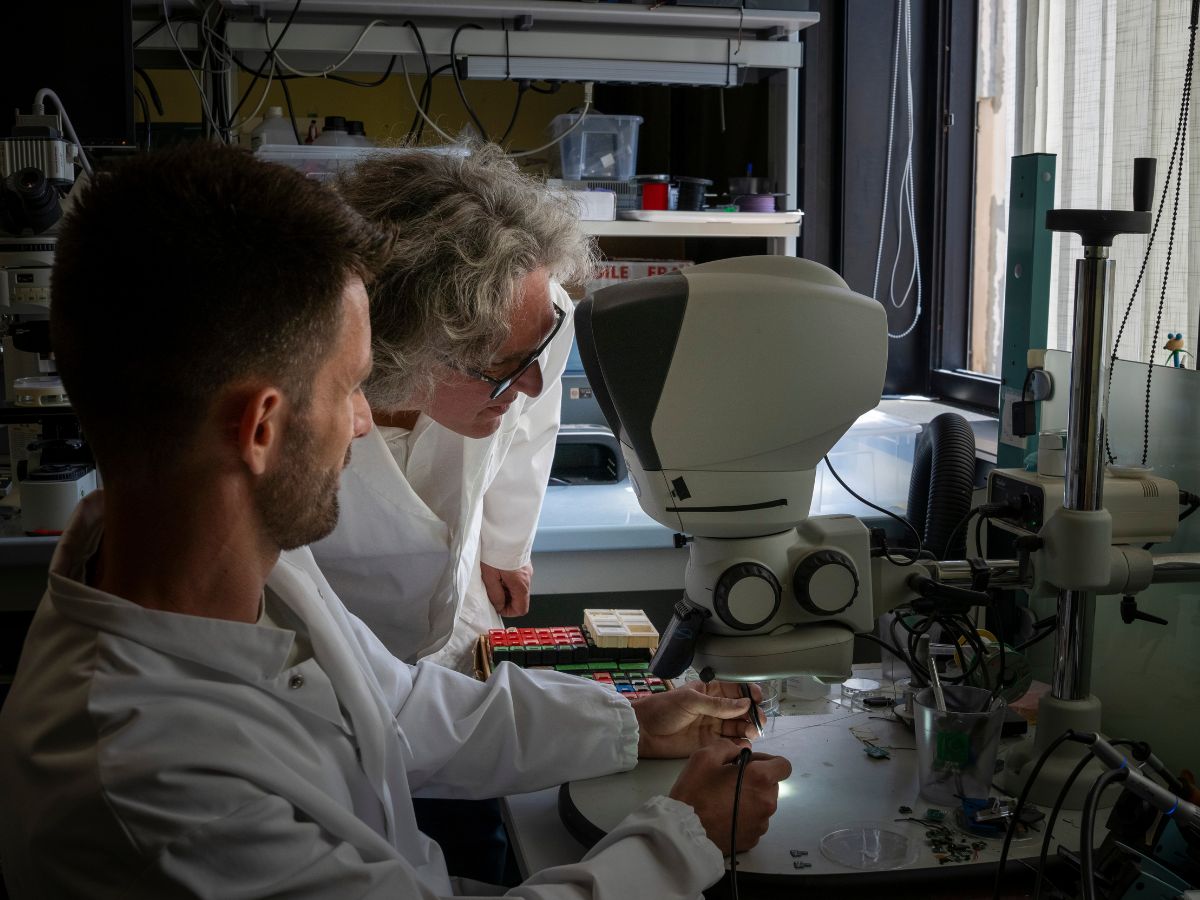The agreement with IIT and the future of ASI.
Last January, a framework agreement was signed between IIT and ASI (Agenzia Spaziale Italiana, Italian Space Agency) with the objective of creating a joint laboratory. This is an important operation that confirms the cooperation between two research organisations of strategic importance for our country’s future. To find out more about the Italian Space Agency, we had the chance of putting a few questions to its President Giorgio Saccoccia, engineer.
Mr Saccoccia, when people write or talk about the conquest of space, which is a generic simplification that includes everything outside the bounds of our planet, they mention technology and successes developed a long way away from our country, forgetting the work of our own scientists in this field, which is at the highest levels. The Italian Space Agency is the forge for this professional expertise. Could you tell us more about it?
I wouldn’t be so pessimistic: Italian scientists and space technology are world class, and the important academic research and technological development in our country has always won international recognition. In this context, the Italian Space Agency has the function of coordinating these points of excellence and proposing the technological themes on which to focus the financial resources to support the space sector programmes and development plans in Italy.
We are going through a very difficult period caused by the pandemic. Before the summer, ASI announced a call for tenders with a budget of 10 million euro titled ‘space in response to COVID19 outbreak’, dedicated to space technology experiments that could help contain, monitor and combat the pandemic. What results are emerging from this commendable operation?
By means of a joint initiative with the European Space Agency (ESA) and the Department for Technological Innovation and Digitisation, ASI has promoted a tender competition for space technology experiments for containing, monitoring and combating the pandemic, particularly in the areas of health and remote education. The operation was well received by the national and international community, which contributed many innovative ideas and proposals. To the point that, in agreement with ESA, we quadrupled the budget to ten million euro. The proposals chosen in the health sector were all very different, ranging from the use of satellite data combined with ground-based sensors to study the spread of viruses, through to utilising miniaturised, self-guided robots to deliver drugs, or the development of hospital trains. The variety of the proposals and ideas represents concrete proof of how space technology and satellite systems can help support life on Earth.
The agreement between ASI and IIT is an important example of cooperation between leading scientific organisations in our country. What prospects can this collaboration have for the overall relaunch strategy for our nation after COVID?
The relaunch of a nation such as Italy, and its future, must involve research and technological developments. This sort of development, and sustainable growth, has to be based on the finest opportunities offered by innovative scientific capacity. For this reason, cooperation between research organisations working in the space technology sector is essential. To this end, the foundation of a joint laboratory involving ASI and IIT, dedicated to specific research themes, is the most effective way of contributing to this objective. Taking decisions right now on the specific research themes selected makes it possible to focus ground-breaking work on subjects that we expect will produce immediate benefits for Italy’s positioning in the future of space. For example, there is no doubt that by means of this collaboration, the skills and experience that IIT has developed in the field of space robotics will produce positive results as regards “in-orbit servicing” or “proximity operation” activities on orbiting satellites.
In your view, what role will research play in relaunch strategies receiving support including substantial European funding: will it be Cinderella, or will it at last play a decisive role in our future?
Much more than just a decisive role! In my opinion, research and therefore investment principally in young people, who are the individuals providing the greatest long-term contribution to research, represent the only way of implementing the revival of our country and the whole of Europe. That’s why I hope that a significant part of the Recovery funding will be targeted onto the development of research in Italy and throughout Europe.
For mankind, one of the dreams is to find and reach other planets. But before that, we have to take care of our own rather environmentally-challenged planet. Could ASI be decisive in responding to humanity’s two great hopes, along with other international institutions?
Certainly, this is one of the fundamental objectives for what ASI is doing now and will continue to do in the future. Making the best use of all types of space technology will be fundamental in helping to preserve the sustainability of our planet. For this reason, all the systems of observing the Earth, and all the other space applications that look towards the globe, such as navigation and telecommunications equipment, are valuable and fundamental tools.
ASI is committed on a daily basis, both nationally and internationally, to focusing space activities in such a way as to enhance the Earth’s sustainability as best as possible.





